The return of the Assad regime to the Arab League was the topic of no fewer than four written reports published on the BBC News website in the two and a half weeks between May 3rd and May 20th: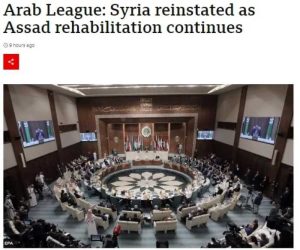
Syria on way back to Arab fold as isolation crumbles Yolande Knell, 3/5/23
Arab League: Syria reinstated as Assad rehabilitation continues Kathryn Armstrong, 7/5/23
Syria’s Assad tells Arab leaders to take ‘historic opportunity’ to remake Middle East Raffi Berg & David Gritten, 19/5/23
Syria: Dismay and fear as Bashar al-Assad returns to Arab fold Jeremy Bowen, 20/5/23
As noted by Carmit Valensi at the INSS, one of the factors behind the reversal of Syria’s 2011 suspension from the Arab League is the drug production and smuggling run by members of the Assad clan and Hizballah.
“Although the Arab League did not publicize the conditions for Syria’s re-inclusion, it has been known for some time that an Arab deal, led by Jordan, was forged, and was intended to chart the way to the end of the conflict in Syria. According to the plan, the Arab countries will recognize the legitimacy of Assad, pour billions of dollars into the reconstruction of the country, and pressure the international community to remove the economic sanctions imposed on the regime, which effectively block any possibility of investing money in the reconstruction of the country. In return, Assad will commit to allow the safe return of the refugees to Syria; curb the drug industry that thrives under his auspices and floods the Middle East with captagon pills; limit the Iranian presence and influence in his territory; and finally, begin a dialogue with the opposition elements.” [emphasis added]
Previously we discussed the May 7th report by Kathryn Armstrong, noting its unhelpful portrayal of the Syrian drug trade as being the result of “[g]rowing poverty and lack of job opportunities”:
OMISSIONS IN BBC REPORT ON ARAB LEAGUE REINSTATEMENT OF SYRIA
In Yolande Knell’s May 3rd report readers were told that: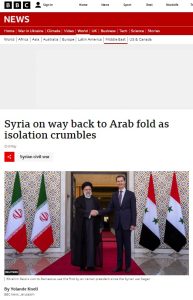
“In March, Assistant Secretary of State for Near Eastern Affairs Barbara Leaf said: “This regime deserves to be treated as the rogue that it is.”
However, she also urged Arab allies opting to end Mr Assad’s isolation to “make sure that you get something”. She suggested trying to end the trade in Captagon, an illegal drug which is produced in Syria and smuggled out.
As I have seen at a hospital treating young addicts from Jordan and the Arab Gulf, this amphetamine – known as “poor man’s cocaine” – is fast turning Syria into a narco-state and sowing seeds of misery across the Arab world.”
And:
“In order to survive, over the years the cash-strapped Syrian regime has raided and seized dozens of businesses. It stands accused of diverting tens of millions of dollars in humanitarian aid meant for impoverished Syrians, as well as alleged drug trafficking.” [emphasis added]
The May 19th report by Berg and Gritten makes no reference whatsoever to the Syrian Captagon industry. In the report by Jeremy Bowen published the following day, BBC audiences are told that: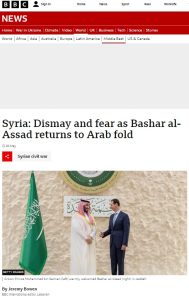
“But as well as the wider geopolitical plans of Saudi Arabia and the United Arab Emirates (UAE), who believe the Assad regime is a Middle Eastern reality and Syria a country they need to influence, there are other reasons for wanting to court Assad.
Jordan, as well as the Saudis, are fighting the spread of a narcotic drug called Captagon, which is made in Syria and smuggled into their countries. It is an amphetamine that was given to fighters to boost their endurance but is now widely used as a recreational drug.
The US and UK have imposed sanctions on named members of the Assad family who they say are heavily involved in the Captagon trade. Some estimates say the business is worth more than $50 billion (£40bn) a year.” [emphasis added]
Clearly none of those four reports provides BBC audiences with an adequate portrayal of the involvement of members of the Assad family and their associates in the multi-billion dollar Captagon industry. Neither of the two reports published after May 8th mentions the Jordanian airstrikes in southern Syria on that day (about which the Syrian regime has been notably silent) which allegedly targeted a drug production facility and a drug dealer and his family.
No less remarkable is the fact that none of those brief portrayals of Syrian drug production and trafficking by multiple BBC journalists mentions the involvement of the Iran-backed terrorist organisation Hizballah in that industry.
It is of course worth remembering that – despite Hizballah’s long-standing and well-known involvement in drug trafficking in other parts of the world – in January 2021 the BBC News website published a report headlined ‘Hezbollah denies any role in production of amphetamines’. Since then the corporation has largely steered clear of that topic, at best presenting allegations and denials on equal footing.
The story of Assad’s return to the Arab League fold cannot be properly told without explaining why the issue of Captagon trafficking is so important to some members of that organisation, including Jordan. The pledge reportedly made by the Syrian regime to curb the drug trafficking into neighbouring countries would affect not only its own income but, significantly, also that of the Hizballah terrorist organisation which is backed by Iran – the regime upon which Assad’s survival is also partly dependent.
BBC audiences, however, are not being provided with the full range of information essential for understanding of this story and possible future developments.
Related Articles:
SUPERFICIAL BBC REPORT ON HIZBALLAH DRUG TRAFFICKING
BBC NEWS AGAIN SKIRTS THE TOPIC OF HIZBALLAH DRUG TRAFFICKING

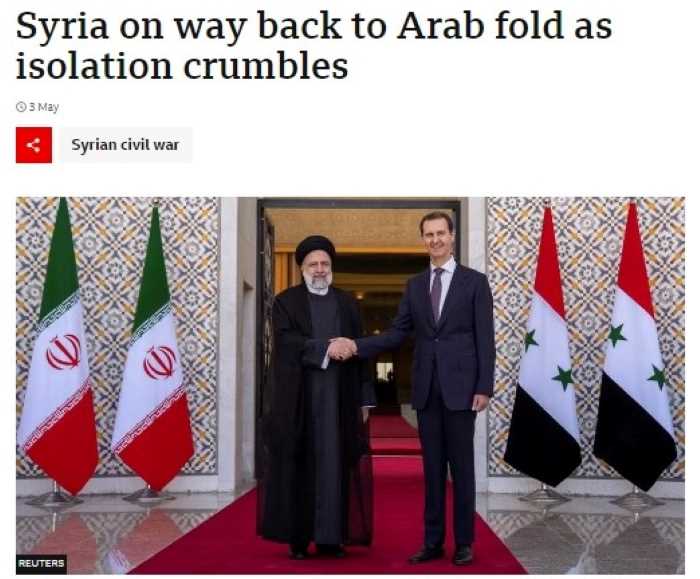
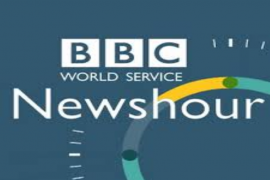
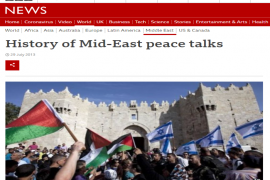
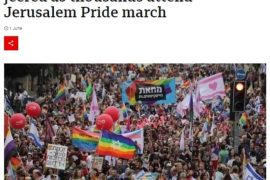
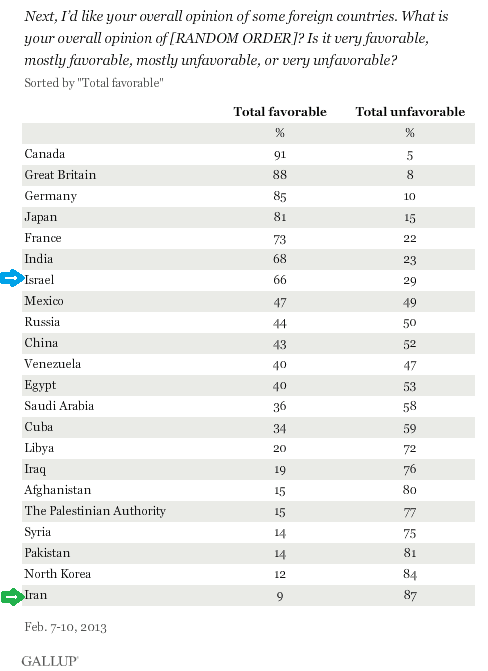
Maybe they are getting extra pension money in their pots for each uninformative article they write/edit. Surely no self respecting journalists could be so inept, ill informed and deceptive as to miss out such clearly important and required facts, ah, but it is after all the BBC, the mouthpiece of Arabs, Islam and Islamic Jihad. #defundthebbc